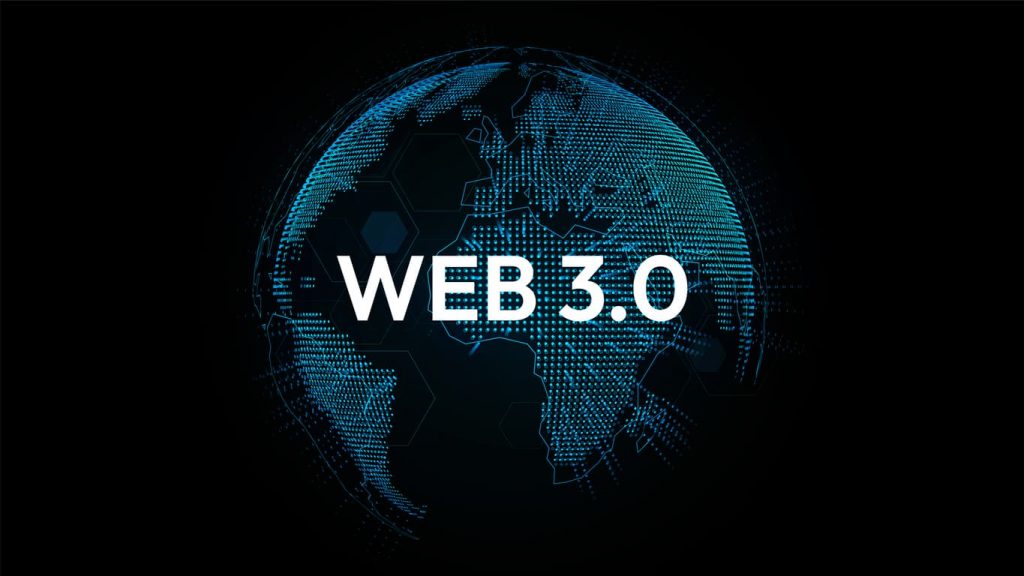
In recent years, we have witnessed a technological revolution that has changed the way we interact and connect online. Web 3 is the next phase in the evolution of the web, and it is transforming the way people communicate, connect and collaborate online. Decentralization is the central pillar of Web 3, and its impact on social communities is becoming increasingly evident. In this article, we’ll explore the impact of Web 3 on social communities and how decentralization is transforming the way we connect and communicate.
Web 3 is a term that refers to the next phase of the evolution of the web, where decentralization is the central pillar. Web 3 uses blockchain and cryptocurrency technologies to enable the creation of decentralized networks. In a decentralized network, there is no central server that controls the information, but it is distributed throughout the network. This means that social communities can interact and collaborate without the need for intermediaries. Decentralization is what allows social communities to be more autonomous and to make their own decisions.
One of the biggest impacts of Web 3 on social communities is the ability to cut out the middlemen. Most of the online platforms have intermediaries that control and manage the information. For example, social networks like Facebook and Twitter have algorithms that decide which posts show up in people’s feeds. Web 3 eliminates the need for intermediaries and allows people more control over the information that is shared and viewed online. Social communities can make collective decisions about what information is shared and how it is shared, allowing for greater freedom and autonomy.
Another major impact of Web 3 on social communities is the ability to build and manage your own decentralized social networks. Decentralized social networks are those that do not have a centralized server that controls all the information. Instead, the information is distributed throughout the network, which means that users have more control over their own data and how it is shared. Decentralized social networks also allow for greater privacy and security, since there is no central point of failure that can compromise the entire network.
In addition, Web 3 also allows social communities to create and manage their own decentralized financing systems. Cryptocurrencies and tokens allow social communities to create and run their own economies, which means they can reward community members for their contribution. For example, social communities can create tokens that are used to reward users for creating quality content or participating in the community. Decentralized funding systems can also provide a fairer and more equitable way to reward community members, as everyone has the opportunity to contribute and be rewarded based on their contribution.
Web 3 is also transforming the way social communities interact and collaborate. Decentralized networks allow for greater collaboration and cooperation between social communities, which means they can work together on larger and more ambitious projects. For example, social communities can use blockchain technology to create a decentralized crowdfunding platform to finance community projects. They can also use blockchain technology to create decentralized voting systems to make collective decisions.
Additionally, Web 3 is transforming the way social communities approach identity online. In traditional social networks, online identity is based on a centralized profile, which is owned by the online platform. In Web 3, social communities can create and manage their own decentralized identities, which means that users have greater control over their online identity and can protect their privacy.
As Web 3 continues to evolve, its impact on social communities will continue to grow. Decentralization is the central pillar of Web 3, and its impact on social communities is becoming increasingly evident. Web 3 is transforming the way social communities interact, collaborate, and make collective decisions. It is also allowing social communities more control over information being shared and viewed online, meaning they can make collective decisions about what information is shared and how it is shared.
In conclusion, Web 3 is transforming the way social communitiesthey connect and communicate online. Decentralization is the central pillar of Web 3, and its impact on social communities is becoming increasingly evident. Web 3 is eliminating the need for intermediaries and allowing social communities more control over the information that is shared and viewed online. It is also enabling social communities to build and run their own social networks and decentralized financing systems. As Web 3 continues to evolve, we are likely to see a greater impact on social communities, allowing for greater freedom, autonomy, and privacy online.